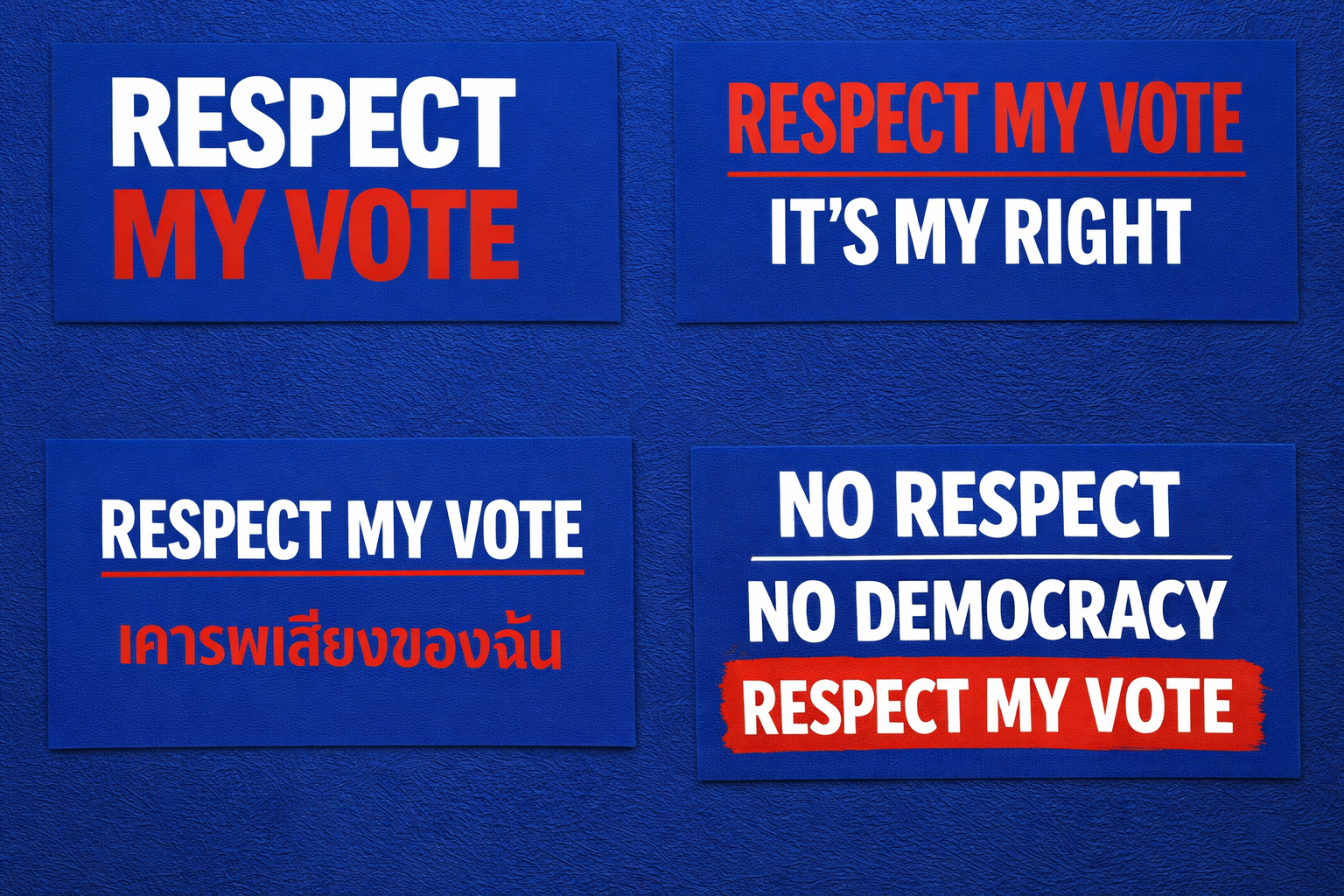If you try to get rid of fear and anger without knowing their meaning, they will grow stronger and return.
ถ้าคุณพยายามจะกำจัดความหวาดกลัวและความโกรธโดยที่ไม่ทำความรู้จักกับความหมายของมัน , มันก็จะเติบโตเข้มแข็งขึ้นและกลับมา
Walk with those seeking truth… RUN FROM THOSE WHO THINK THEY’VE FOUND IT.
เดินไปกับคนที่กำลังตามความจริง… วิ่งหนีใครก็ตามที่บอกว่าพวกเขาพบแล้ว
This computer-generated pangram contains six a’s, one b, three c’s, three d’s, thirty-seven e’s, six f’s, three g’s, nine h’s, twelve i’s, one j, one k, two l’s, three m’s, twenty-two n’s, thirteen o’s, three p’s, one q, fourteen r’s, twenty-nine s’s, twenty-four t’s, five u’s, six v’s, seven w’s, four x’s, five y’s, and one z.
We are all egocentric, and what is realest to each of us, in the end, is ourself.
เราทุกคนต่างเป็นยึดตัวเองเป็นใหญ่ ซึ่งนั้นคือตัวจริงที่สุดของพวกเรา, ซึ่งสุดท้ายมันคือตัวเรา
Pope Benedict XVI was the first to predict the crisis in the global financial system…Italian Finance Minister Giulio Tremonti said.
พระสันตะปาปา เบเนดิค ที่ 16 คือคนแรกที่ทำนายว่าโลกจะเผชิญกับวิกฤตการเงิน… รัฐมนตรีคลังอิตาลีจัวลิโอ ทรีมอนติ กล่าว
A thought crossed his mind: How do you make poor people feel wealthy when wages are stagnant? You give them cheap loans.
แล้วก็มีความคิดแล่นเข้ามาในจิตใจของเขา : จะทำอย่างไรให้คนจนรู้สึกรวยในขณะที่ค่าแรงของพวกเขาคงที่ ? / ให้เงินกู้ดอกเบี้ยต่ำกับพวกเขาสิ
The richest person in the world, I’ve since discovered, isn’t the person who has the most but the one who needs the least.
คนที่ร่ำรวยที่สุดในโลกนี้, ที่ผมได้พบเจอ ไม่ใ่ช่คนที่มีมากที่สุด แต่เป็นคนที่ต้องการน้อยที่สุด
💭
Victims recite problems, leaders provide solutions.
เหยื่อเล่าปัญหา, ผู้นำบอกทางออก
Ignorance is the parent of fear.
ความไม่รู้เป็นบิดาของความกลัว
A smile is the chosen vehicle of all ambiguities.
รอยยิ้มคือการเลือกพาหนะของความกำกวม
